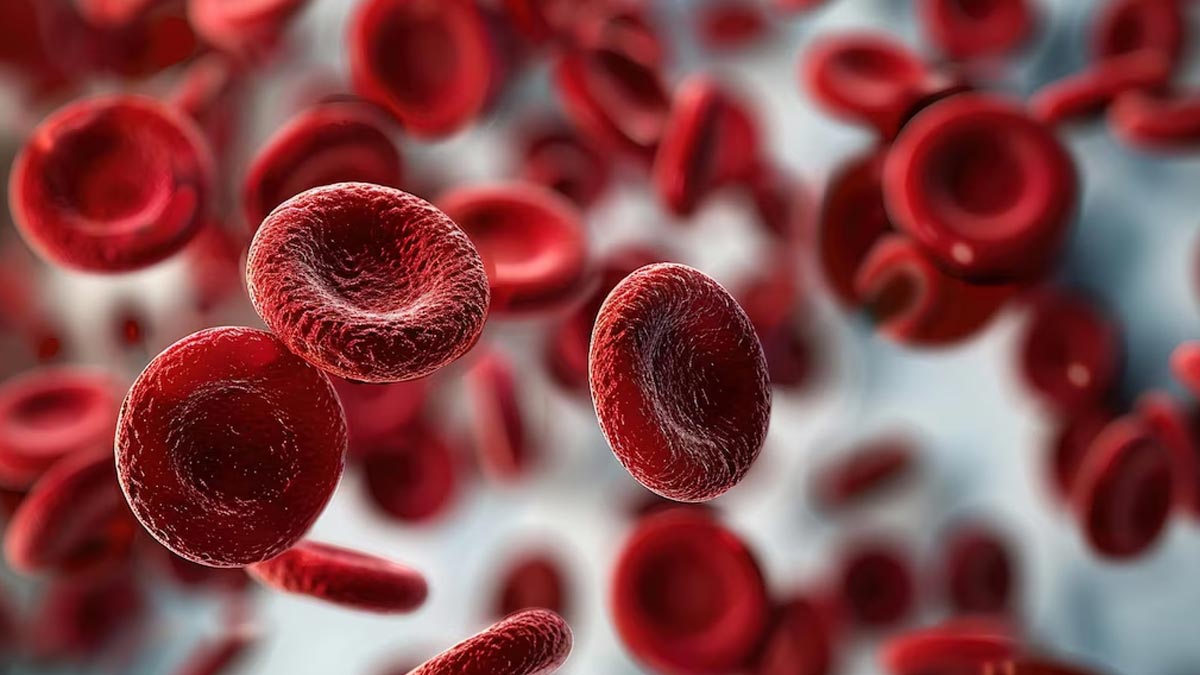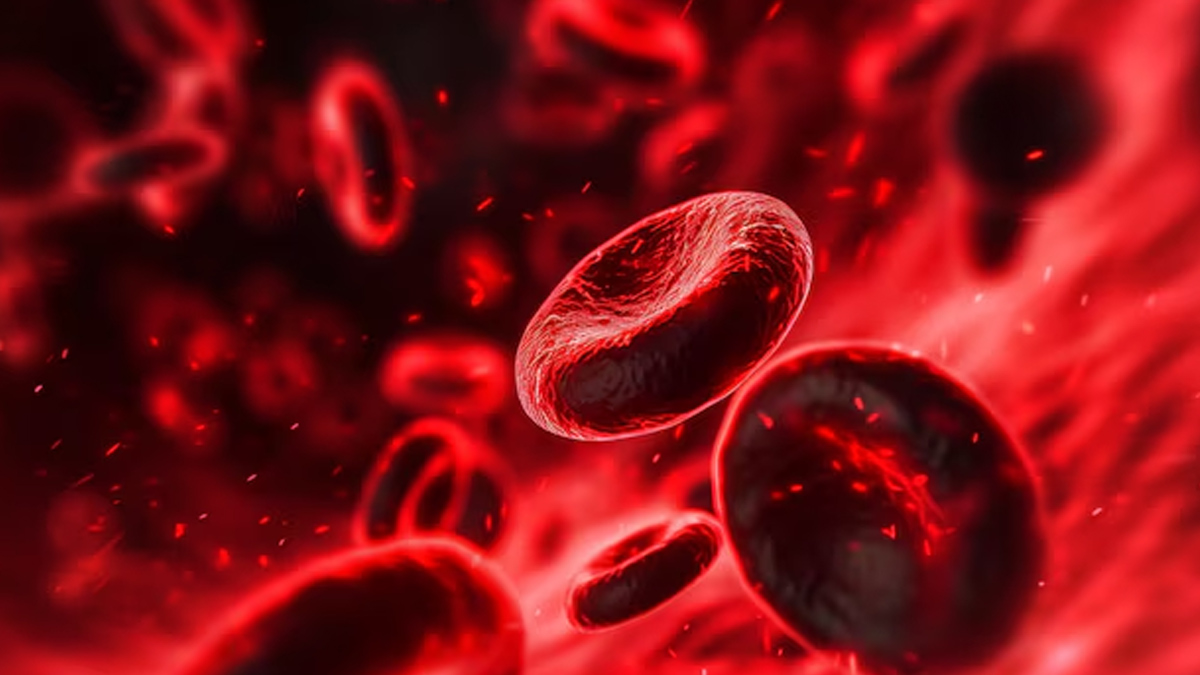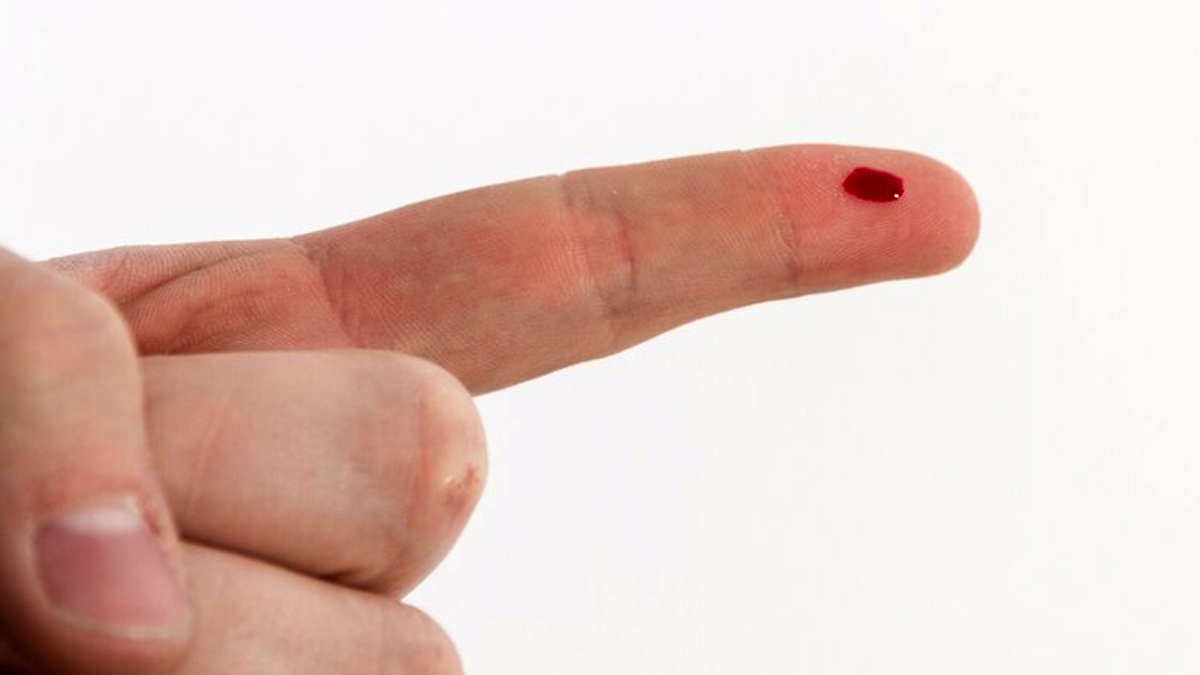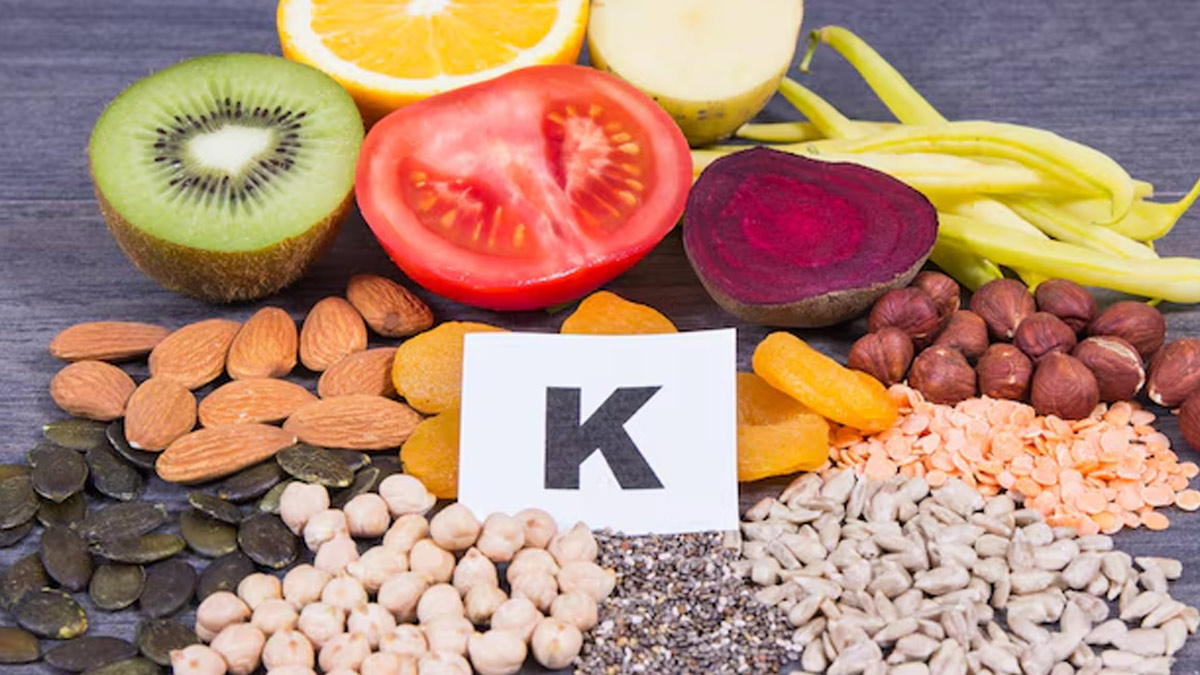
There are a number of essential vitamins and minerals, many of which have benefits that are often overlooked or not widely known. This includes vitamin K, which helps with blood clotting, bone health, and cardiovascular well-being. While it may not receive as much attention as other vitamins, a deficiency in vitamin K can lead to serious health issues, such as increased risk of bleeding and other complications. In this article, we'll explore the importance of vitamin K and why it's essential for your well-being.
Table of Content:-
Role Of Vitamin K In Blood Clotting![]()
According to Dr Vachan S. Hukkeri, Consultant – Liver Transplant and HPB Surgery, Aster CMI Hospital, Bengaluru, vitamin K facilitates the synthesis of clotting factors, such as prothrombin, which are necessary for the formation of blood clots that prevent excessive bleeding.
"If there is a deficiency of vitamin K, the body struggles to produce these critical proteins, leading to an increased risk of uncontrolled bleeding," he tells the OnlyMyHealth team, adding that this deficiency can result from various factors, including inadequate dietary intake, certain medical conditions, or the use of specific medications that interfere with vitamin K absorption.
Also Read: Vitamin K: Importance, Deficiency, & Food Sources
Different forms of vitamin K exist: vitamin K1 and vitamin K2. According to a 2022 study published in the JMIR Public Health and Surveillance, Indian individuals, both healthy and those with type 2 diabetes, have low levels of vitamin K2 in their blood and diet, suggesting that the general Indian population could benefit from consuming vitamin K2 supplements to improve their nutritional status.
While some Indian foods contain vitamin K1, the levels are variable and often low.
Common Symptoms Of Vitamin K Deficiency![]()
Vitamin K deficiency can cause a range of symptoms, which include:
- An increased sensitivity to bruising
- Cuts or injuries take longer to stop bleeding
- Unusual bleeding from the gums or nose
- Traces of blood in urine or stool
- Bone health problems, such as heightened risk of fractures due to reduced bone density
Who Is More At Risk Of Vitamin K Deficiency?![]()
According to Dr Hukkeri, certain populations may be more vulnerable due to a variety of reasons, including age, dietary habits, and underlying health conditions.
Older adults often have a reduced ability to absorb nutrients, which can lead to deficiencies, and individuals with gastrointestinal disorders may struggle to properly absorb vitamin K from their diets, further heightening their risk.
Additionally, people on long-term antibiotic therapy may experience disruptions in gut flora, which play a significant role in vitamin K synthesis.
Also Read: Vitamin K Is Essential For Healthy Ageing: Expert Lists Sources
Vitamin K-Rich Diet
Dietary changes are essential for both the prevention and management of vitamin K deficiency, which can result in serious health complications, including impaired blood clotting and weakened bone density, says Dr Hukkeri.
He recommends adding a range of vitamin K-rich foods to your daily diet, such as leafy greens like kale and spinach, along with fermented products like red cabbage, beetroot, and apple, which can significantly boost your body's vitamin K levels.
Moreover, incorporating healthy fats, such as avocados and olive oil, can enhance the absorption of this vital nutrient.
Also watch this video
Read Next
Understanding Pain Management: Debunking Myths And Exploring Innovative Solutions For Better Health
How we keep this article up to date:
We work with experts and keep a close eye on the latest in health and wellness. Whenever there is a new research or helpful information, we update our articles with accurate and useful advice.
Current Version


